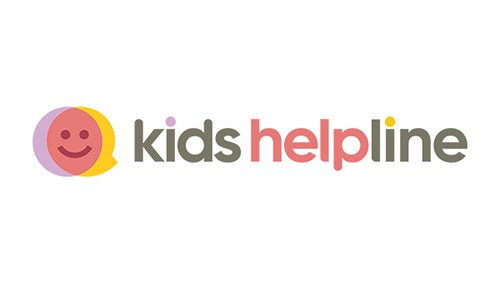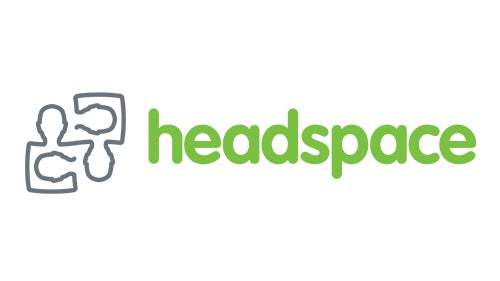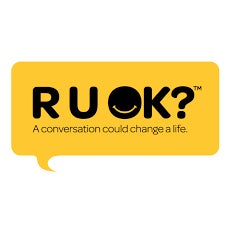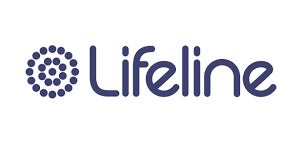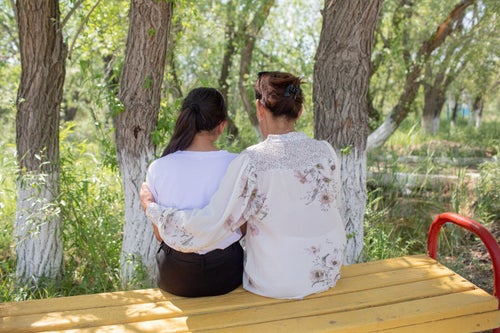A resource for parents and teachers about self-harm and young people
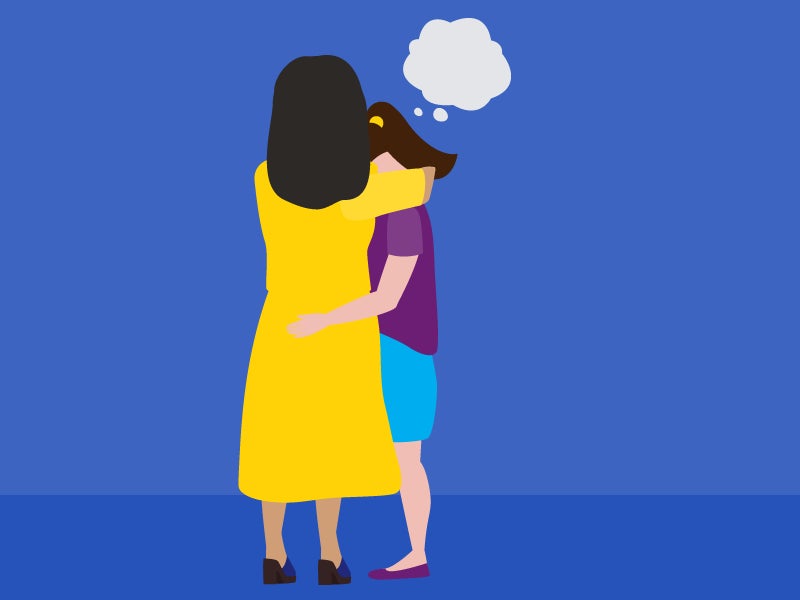
What is self-harm?
Self-harm is when a person intentionally inflicts physical harm on themselves to cope with their pain, stress or overwhelming emotions. This can involve cutting, burning, scratching or hitting, typically on places of the body that others may not see.
It is important to note that most people who self-harm do not want to end their life. There is a chance that they may hurt themselves more than they intended, which increases the risk of accidental death.
If you're concerned for the immediate safety of a child or young person, call 000.
6 signs a young person is self-harming
- They wear clothes that cover their arms and legs, even in hot weather.
- Hiding objects like razors, nail scissors, knives or shards of glass etc.
- They avoid activities that expose the skin, like swimming.
- Have unexplained cuts, scratches, bruises or wounds.
- Feelings of worthlessness or hopelessness.
- Have blood stains on clothes, bedding or towels.
How to support a young person who self-harms
Being a parent or a teacher of a young person, who self-harms can be very distressing. Encourage open conversation and listen to why they chose to self-harm. You can help them understand their triggers and offer alternative ways to cope, such as;
- Use a red pen to draw or scribble on paper or the body.
- Go for a walk or run while listening to music.
- Deep breathing and relaxation exercises.
- Punch or kick a pillow or a punching bag.
- Write everything unfiltered in a journal.
How to talk to young people about self-harm
If a young person you know is self-harming, discuss it calmly and listen to what they say without judgment. Show support and understanding.
Avoid telling them to stop, as they may feel you don't understand, and they may not be able to stop without professional help.
Ask open-ended questions that encourage them to explore why they self-harm and alternative behaviours they could do instead.
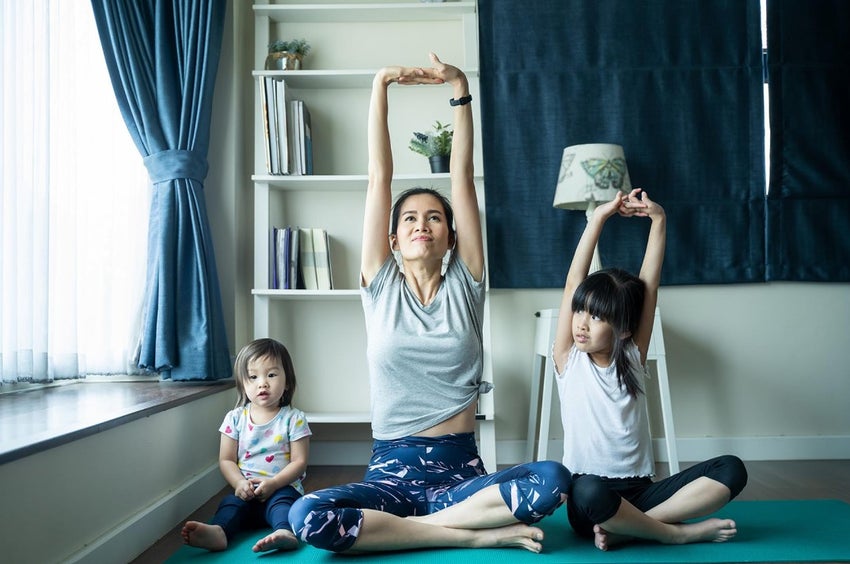
Parent wellbeing
Self-care is an essential part of parenting
Parenting is a rollercoaster of a ride – physically, emotionally and mentally – and as parents, we tend to prioritise our family's wellbeing before our own. For many, self-care and taking time to recharge our batteries feels indulgent, selfish or unnecessary when, in fact, the opposite is true.
When we meet our physical and mental needs, we are better positioned to support our young people, all with the added benefit of role modelling the importance of self-care.
Where to go to for more help
If your young person needs extra support, encourage them to speak to a health professional or reach out to any of the following organisations that can support you both.



